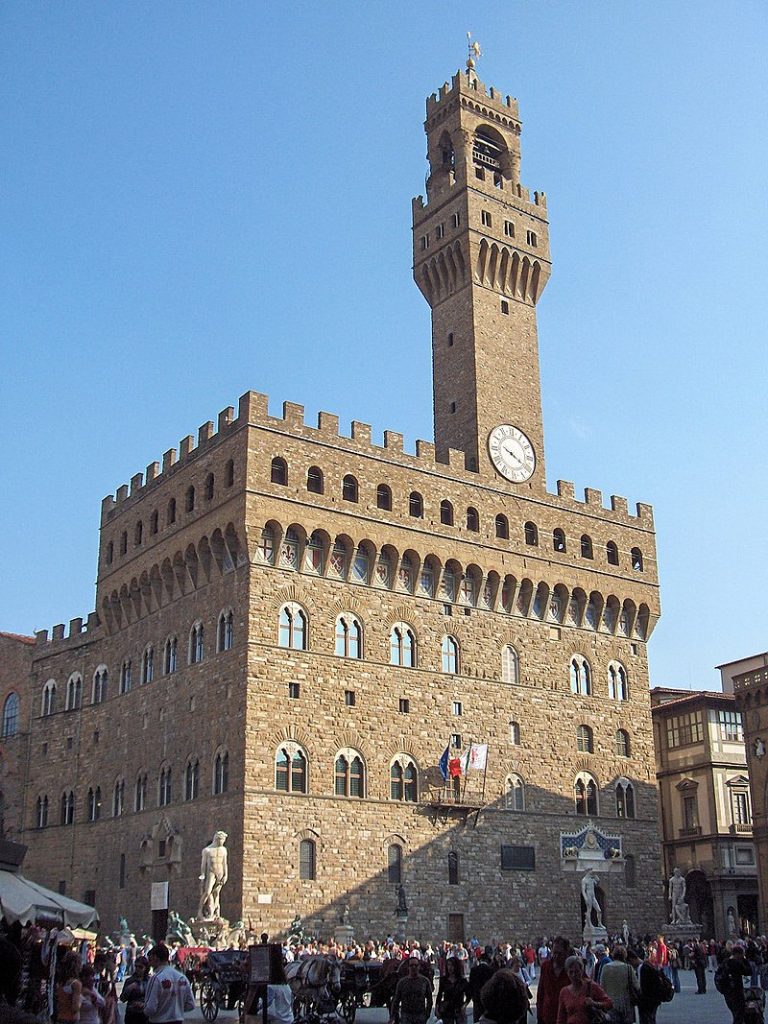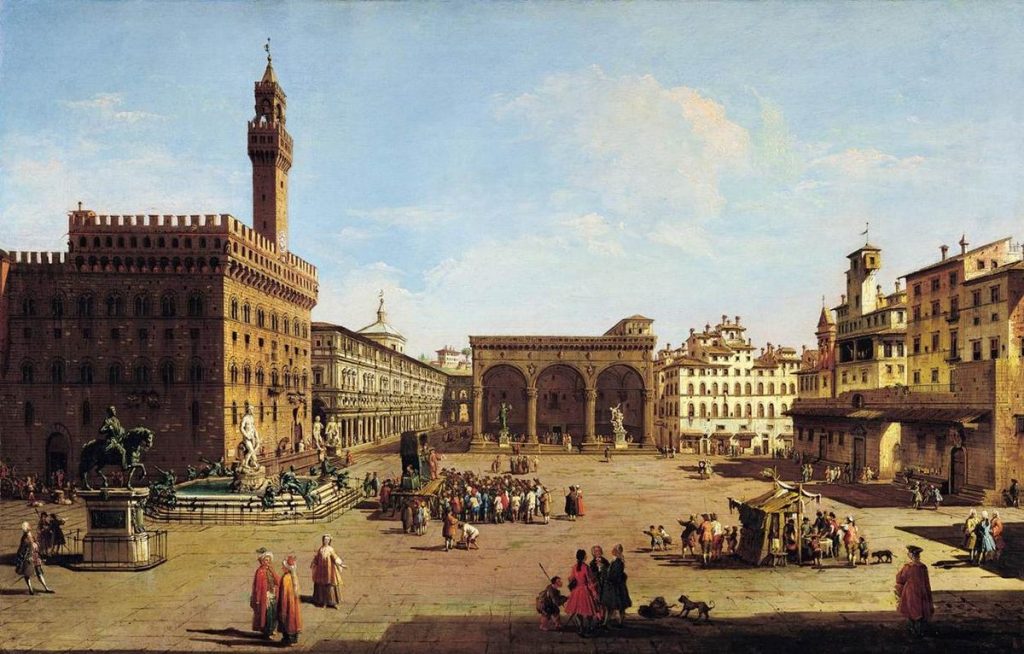What is this Signoria thing? It was the system of government used by medieval Florence that combined the nobility with the rise of the burgher class into a way to govern the city-state. It took on several forms throughout its existence and worked in concert with other elected councils. Some councils were permanent while others were created as necessary, such as the Council of War, Council of Ten, Council of Eight, etc.

How Does This Work For Citadel?
I believe it represents a tie in with how we operate with Officers, our wider Populace, and me as your Territorial Baron. You all are nobility in your own right and should have access to aspects of the decision making process. Citadel is not and will never be a sovereign nation, but I want you as the populace to feel empowered as nobles of our Kingdom to participate.
This won’t change the face of the Barony, but by providing historical context we can make the decision to do the “More Medieval Thing” in how we ensure we follow our mandate as the SCA to engage in historic recreation while tackling the nuances of a modern 501(c)(3) corporation.

Okay, So How Does this Work?
The Officers meetings are decisional in that we make decisions at them. Similar to other organizations or governmental bodies, the Signoria or Officers Meetings are where we make decisions for the Barony. The Seneschal and the Baron act as the executive officers managing the various final decisions, but the goal should be to build consensus among the populace. How that specifically will play out is that if new business arises, the conversation or discussion for that topic will be referred to Council, ie, if it is a Fighter matter it will be referred to the Fighter’s Council. This doesn’t mean only fighters can attend that council, it just means that those who want to discuss fighter things will know publicly when that meeting or discussion will take place.
The Councils
Councils center around the Officers and are their way to engage the populace and our greater membership. Sounds like a lot of extra work, right? Well, not really because they will happen either formally or informally at those scheduled events, ie, fighter practice, archery on Saturdays, or at an A&S event. Want to discuss matters of A&S? It should happen at A&S events. Are you primarily a fighter, but have an opinion on A&S matters? You should be engaging folks where they’re in their element to learn more about how the Barony does A&S.
What About Events?
Events should have their own planning Councils as well and this where those temporary councils come in handy. Want to plan an event? Assemble your Council and make it happen! This way we can ensure that we are doing the right thing for our members by offering publicly advertised and open meetings.

This Sounds More Complicated…
It sounds complicated, but it is more coordinated, organized, and proper in order to do the right thing by our members. Rather than longer meetings where people stop showing up because of the length of discussions and getting side tracked it allows for the Barony to delegate and divide the work. Councils meet in committee and come to the Signoria with complete proposals already having considered the Pros and Cons. Officers Meetings are not the time to weigh in; that’s what Council meetings are for specifically. Can’t make it to the Council Meetings? Each Officer needs to be open to receiving your feedback on matters their plan to discuss with their Council. By having very clear agendas and meeting notes you’ll be able to provide your feedback in written form via email or a conversation ahead of that meeting so that the Officer or Council Chairperson can present your input. It’s not perfect, but it is a whole lot more accessible.
Ultimately, It is Up to Us
At the end of the day, it is up to us as members of this organization to do the right thing and take care of those who are part of this team. This system ensures we are operating within the public good and are accessible and accountable to that public as required by being a 510(c)(3). I ask you to give this process a chance and participate. Governments are only as good as the people that oversee them. Systems and process are only as good as the people who run them. Your participation is critical to making this work no matter how we choose to organize ourselves.
